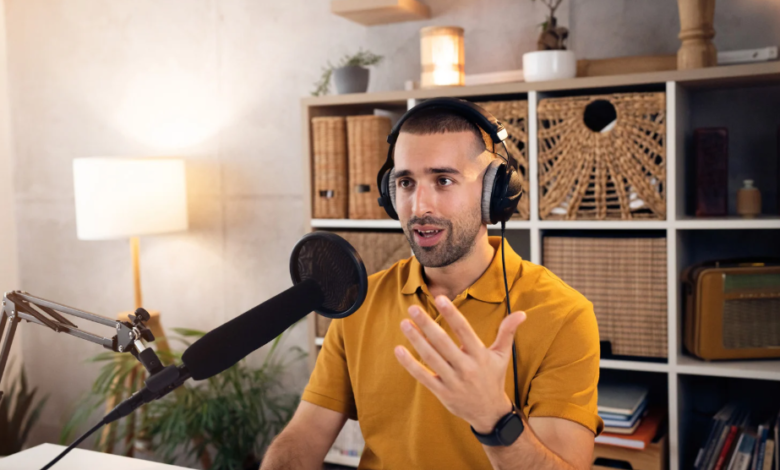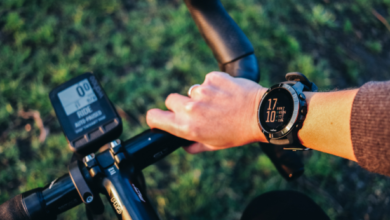Why Morphine Addiction Podcasts Are Transforming Recovery Education

In today’s digital age, morphine addiction podcasts are emerging as influential tools in the realm of recovery education. With opioid misuse continuing to affect lives globally, accessible platforms like podcasts offer a way to share stories, professional advice, and practical insights that empower listeners. These audio-based resources bridge the gap between clinical information and personal experience, delivering support to those struggling with addiction and their loved ones, anytime, anywhere.
From raising awareness to encouraging early action, morphine addiction podcasts play a vital role in reshaping how individuals approach recovery.
How Podcasts Help Bridge the Knowledge Gap in Addiction Recovery
Podcasts provide a unique blend of accessibility and relatability. Unlike traditional educational materials, they offer a conversational format that simplifies complex subjects. When listeners tune into professionals and individuals who’ve experienced addiction firsthand, they gain a more personal and emotionally resonant understanding of the journey.
This shift in educational approach is precisely why doctors recommend the best morphine addiction podcast. These trusted audio series are often curated by addiction specialists and recovery advocates, making them credible yet deeply engaging. Their structured content ranges from understanding withdrawal symptoms to navigating rehab, emphasizing that recovery is possible with the right information and timely support.
Breaking Down Stigma Through Shared Dialogue and Expert Guidance
Stigma remains one of the greatest barriers to seeking help for morphine addiction. Podcasts offer a platform where people can speak openly and without judgment. This vulnerability, shared through real stories, chips away at the silence and shame surrounding opioid dependence.
Additionally, podcasts help clarify misconceptions about treatment options and recovery timelines. By combining expert interviews with honest conversations, they encourage listeners to explore professional services rather than navigating addiction alone. Education through experience becomes a powerful motivator for early intervention.
A deeper understanding of addiction’s roots can also be found in discussions that unravel the threads of morphine addiction. These conversations often explore the psychological, physical, and emotional complexities of dependence, allowing listeners to see the bigger picture beyond the symptoms. Recognizing how trauma, environment, and brain chemistry interact can create a more compassionate and informed recovery journey.
Supporting Recovery from Anywhere at Any Time
One of the most transformative aspects of podcasts is their accessibility. Whether someone is commuting, walking, or quietly reflecting at home, these programs are readily available for listening. For individuals not yet ready to speak to a professional, this passive intake of knowledge can be a first step toward healing.
Podcasts also support continued education during recovery, keeping individuals engaged and motivated between appointments or after formal treatment. They become part of a broader ecosystem of care that extends beyond the clinic or counselor’s office.
Conclusion
Podcasts are redefining how people learn about morphine addiction and recovery. Their accessible format, relatable content, and expert-backed insights make them essential tools in today’s fight against opioid dependence. By offering both knowledge and encouragement, they support a cultural shift toward greater understanding and early intervention, ultimately making the journey to recovery more approachable for all.



